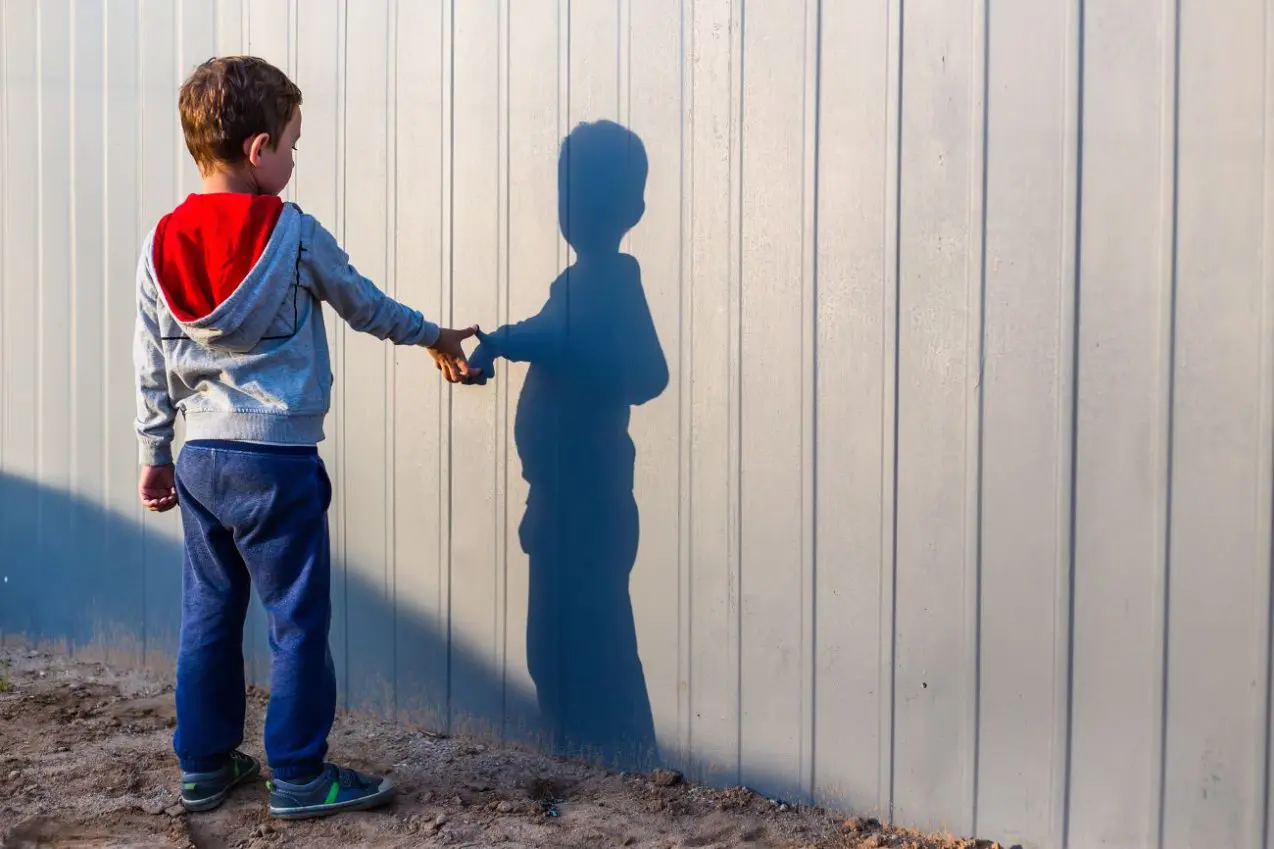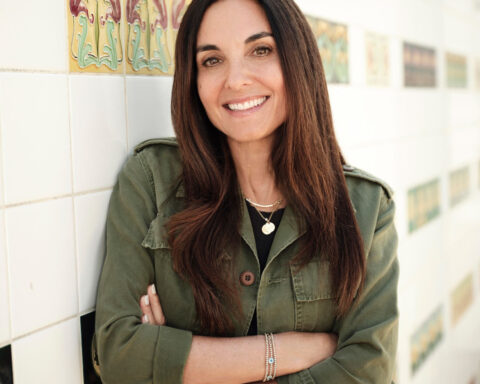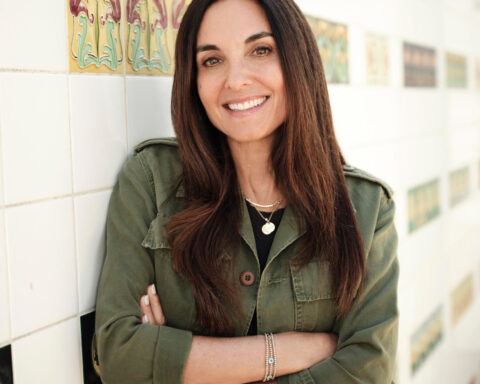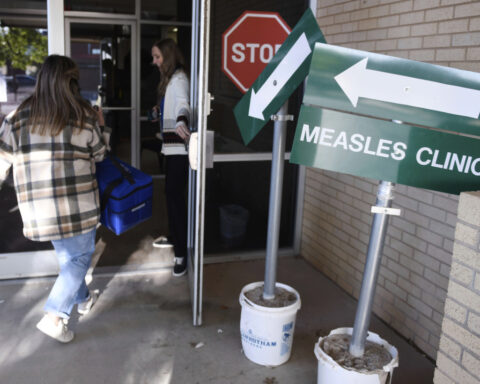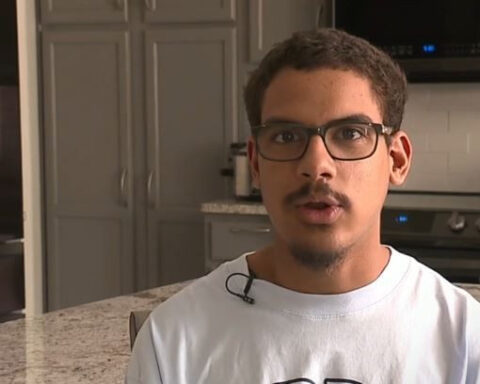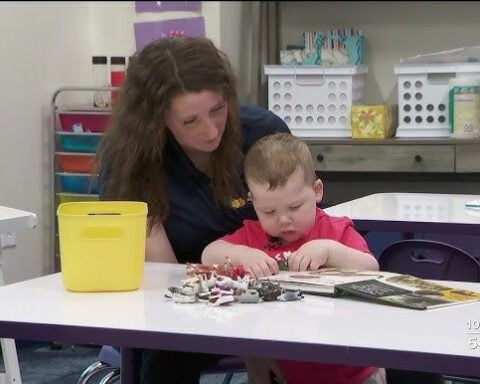As autism diagnoses rise to 1 in 36 children, the community is grappling with a troubling threat - escalating suicide risks that have long gone overlooked. New research reveals people with autism face substantially higher chances of dying by suicide compared to the general population.
A comprehensive study from the University of Toronto analyzing decades of medical data found alarming figures. Females with ASD faced an 83% increased risk of self-harm and a staggering 98% heightened risk of suicide death. Male suicide odds rose as well to 34%, with a 47% uplift in self-harm odds.
Overall, 1 in 4 young people with autism will experience suicidal ideation. And over 8% will attempt to take their own lives. Dr. Tim Wahlberg, a clinical psychologist specializing in autism for 30 years, said these striking statistics "scare me a lot." He sees a pattern of "feeling very lonely, very isolated" in his older patients as they age.
Kyle Engbrecht, a 27-year-old artist with Asperger's syndrome, gave a rare insider's glimpse into these dark struggles. He revealed battling constant suicidal thoughts, triggered by the "absolute worst part" - overwhelming guilt over failing loved ones because of autism difficulties.
His mother, Jeanne Beard, worries "so much" over his risk but tirelessly advocates for comprehension and caring. She knows compassion and support systems differentiate between life and tragic statistics.
Experts emphasize that the amplified risk of self-harm stems mainly from external factors imposed upon vulnerable individuals, as opposed to inherent traits of ASD itself. A life spent being misunderstood and excluded takes an immense toll.
Sensory overload and social confusion also spawn meltdowns, where fight-or-flight instincts kick in. With proper training, first responders can easily agitate these scenarios. Combined with ingrained societal stigmas, peaceful resolutions are only available for a few.
Further compounding the turmoil, up to 70% of those with autism possess co-occurring conditions like anxiety, depression, and obsessive thinking. This piles on additional anguish and Suicidal ideation danger.
For parents like Jeanne Beard, a constant worry hangs overhead for children's happiness and future stability. She penned a book on her family's story to illuminate communicative intricacies. Her ultimate goal is universal education so that all parents can provide at-home support.
Beard also advocates for enhanced professional development for teachers and emergency services in sensitively assisting those with autism. She believes properly informed communities can make every environment therapeutic rather than terrifying.
At the policy level, the American Academy of Pediatrics has demanded reform in schools and healthcare surrounding autism. This year, they published an extensive set of guidelines declaring the status quo wholly "inadequate."
Their calls emphasized tailoring academic settings around neurodiverse needs while abandoning punitive measures for autistic behavior. They also urgently pressed for far more research on suicide risk factors and prevention strategies specific to autism.
While ideal systemic changes remain gradual, small acts of understanding from ordinary citizens can make every day more accessible for those living with autism.
Relatable everyday challenges for the autism community include navigating uncomfortable social cues, processing instructions, articulating thoughts aloud, and regulating emotions. Simply avoiding assumptions while extending patience works wonders.
Healthcare establishments can also design signed sensory-friendly waiting areas to reduce anxiety. Other public venues would likewise benefit from offering muted spaces during loud events.
Improvement arguably starts at home, where early childhood intervention programs have shown promising results. These sessions coach parents on constructively nurturing development and self-sufficiency. Studies display lasting benefits into adulthood, like heightened independence and decreased depression rates.
Many adults also praise forms of talk therapy catered to neurodiverse perspectives. Dr. Wahlberg customizes his approach, teaching patients self-advocacy skills to ask for specific help. Building this confidence empowers them to articulate their needs.
For Kyle Engbrecht, such specialized therapy transformed toxic shame into the courage to own his identity proudly. He emerged ready to educate anyone unfamiliar with his behaviors or emotions kindly.
His mother, Jeanne, also soaked in these lessons, gaining priceless insight into her son's worldview. She tries hard to listen first rather than assume his actions necessarily indicate unhappiness.
A judgment-free ear can work wonders when dark thoughts creep up. For Kyle, just one trusted confidant makes the difference in persevering through hard times.
Over 74% of autistic adults without learning disabilities possess average or above-average intelligence. This community has much to offer if given the appropriate communication tools and support network. Life-saving comprehension starts with everyday people - parents, friends, and coworkers choosing to understand over ostracize.
If you or a loved one with autism is struggling today, caring advocates are always reachable through the 988 Suicide and Crisis Lifeline. The path may seem lonely, but help awaits around the corner.

 Trump has begun another trade war. Here's a timeline of how we got here
Trump has begun another trade war. Here's a timeline of how we got here
 Canada's leader laments lost friendship with US in town that sheltered stranded Americans after 9/11
Canada's leader laments lost friendship with US in town that sheltered stranded Americans after 9/11
 Chinese EV giant BYD's fourth-quarter profit leaps 73%
Chinese EV giant BYD's fourth-quarter profit leaps 73%
 You're an American in another land? Prepare to talk about the why and how of Trump 2.0
You're an American in another land? Prepare to talk about the why and how of Trump 2.0
 Chalk talk: Star power, top teams and No. 5 seeds headline the women's March Madness Sweet 16
Chalk talk: Star power, top teams and No. 5 seeds headline the women's March Madness Sweet 16
 Purdue returns to Sweet 16 with 76-62 win over McNeese in March Madness
Purdue returns to Sweet 16 with 76-62 win over McNeese in March Madness
